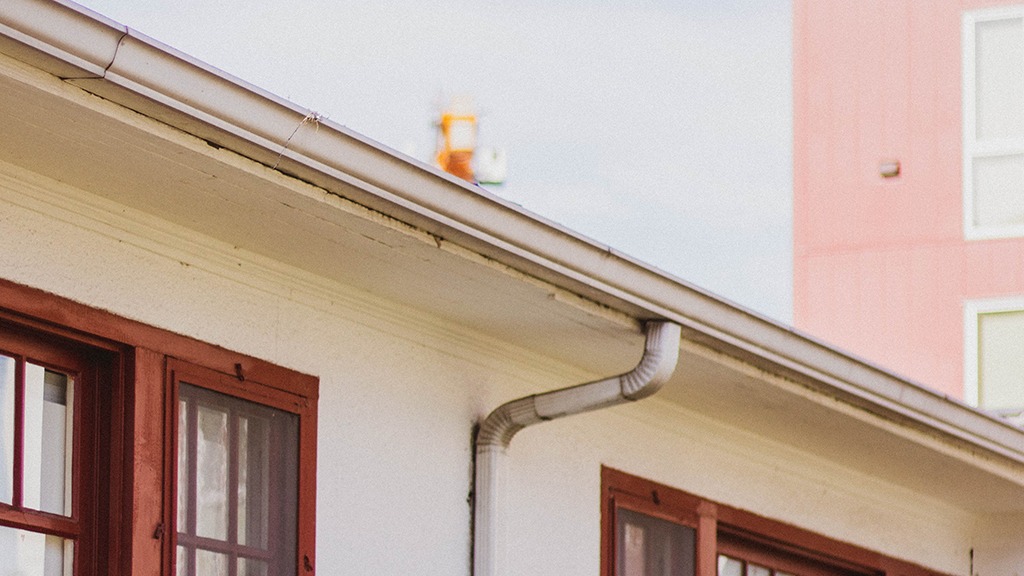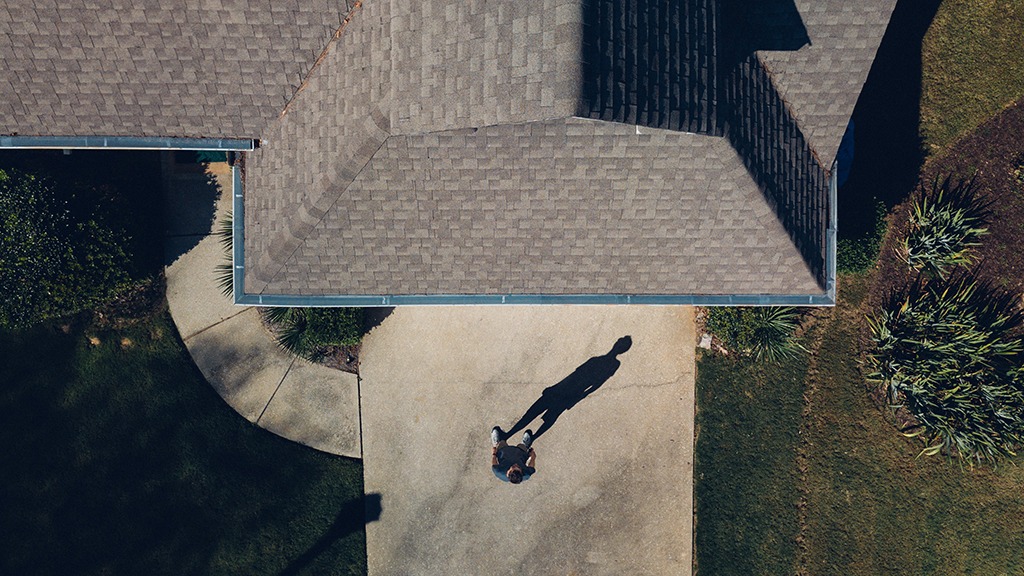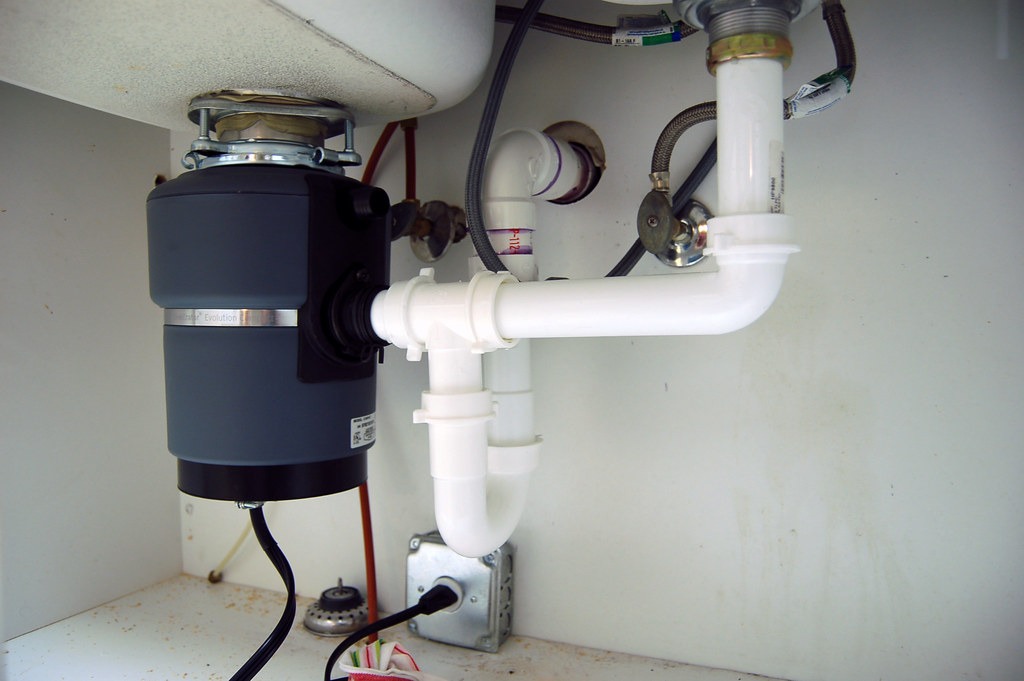Undoubtedly, buying a house is going to be one of the biggest decisions you can possibly make in your life. You are literally putting down roots, so you’d be wise to know the ins and outs and exactly what you’re getting into beforehand. Buying a home is going to come with a substantial mortgage, and it’s an agreement to be taken seriously and should be gone over with a fine tooth comb.
Before you take on any investment (especially one of this magnitude), you’ll want to hammer out all the details, making sure you know all terms and banking lingo. Don’t get overwhelmed, this isn’t exactly rocket science, however, it will take a bit of preparation and planning ahead. With any luck, you’ll be up to speed on what you need to know about mortgages before buying a house.
Do the Math Before Buying
Math makes most people’s eyes glaze over with boredom, but don’t let that be you if you plan on getting the right mortgage for your future home. Doing the math before buying is one of the most crucial steps, especially if you don’t want to be struggling from month to month, hoping and praying you have enough money kicking around to pay the mortgage on time.
As a rule of thumb, before you buy make sure that your total monthly housing payment doesn’t consume more than 30 percent of your take home pay – after taxes. And, if you’re using an FHA loan, your housing costs by law cannot be over 31 percent of your income. Don’t get caught up in a house you cannot possibly afford, as that will lead to a viscous cycle that becomes impossible to escape from. Be realist with yourself before buying, and make sure you find out for sure if the house, and possibly more important, location, is right for you and your future family.
Save as Much Money for a Down payment as Possible
The more money you have to put down upfront, the less you will be paying on the backend – and with far less interest, so make sure you save up as much as possible for the down payment. The more money you can come up with the better off you’ll be, and the recommended minimum is 10 percent.
Figure out the total price of the house, and then go from there. Ideally, if you can afford it, you should try and get as close to 20 percent as humanly possible – your wallet will thank you later. Your credit history will also play a pivotal role here, as it will determine the type of loans you’ll be able to swing. The worse it is, the more you will most likely have to come up with beforehand.
If a sizeable down payment is going to be a problem for you, you may want to hold on for the time being and wait until you save up some cash, as it will only make your life easier in the long run. Of course, there are a few ways around this, such as down payment assistance available in many areas. Do some digging and check around your location and see if anything out there is right for you.
Ensure the Terms of the Mortgage Are Suitable
Finding a trusted partner is going to be a critical part of ensuring that the terms of your mortgage are suitable with your future plans. While 30-year fixed rates work best for most people, there is a chance your needs may be slightly, or, wholly different. The right person who offers you the right advice will go a long way towards helping you navigate these potentially complex waters.
A more reputable lender may have higher rates, but that might be worth it knowing you’re getting solid counsel. Mortgage brokers are not banks, so they don’t necessarily have to play by the same rules. So, be weary and watch out for your money and your future by ensuring the terms of the mortgage are suitable to your situation. And, be sure to ask about closing costs and other related fees.
Switch to a Bi-weekly Payment Plan
By switching to a bi-weekly payment plan you'll make one extra payment per year - paying off your mortgage sooner and paying less overall interest. Start by splitting your monthly payment down the middle, and from there pay half every two weeks. A good way to knock out a lot of the principal is to use your year- end bonus (assuming you get one), tax returns, or other windfall money like potential lottery winnings or stock investments.
A good rule is to take your monthly mortgage payment, divide it by 12, and then add that amount to your monthly automatic payment. When this is done right, the average American homeowner can save upwards of $50,000 over the lifetime of his or her mortgage - take full advantage!
Know Your Mortgage Rate
While this may seem like an obvious thing to most potential homeowners, you’d be shocked to know just how many people either don’t know, or are confused by their mortgage rate. According to a recent survey by Bankrate, upwards of 29 percent of people with a mortgage either failed to know their rate, or declined to comment.
Either way, those are staggering numbers when you take into account just how large a role their mortgage will play in their lives. Before signing anything, make sure not only can you produce the rate when called upon, but more importantly, make sure you understand the rate. Not knowing your mortgage rate is just asking for trouble, and being in the dark about important financial matters will surely follow you long into the future.
Consider your financial situation, forecast the future, and above all else make sure you’re honest about your situation. You’re not doing anyone (mainly yourself!) any favors by fibbing on your financial documents, as they will inevitably come back around full circle.
Know Your Credit Score
Knowing your credit score is going to be an important part of securing funding for your new home. A better credit score will yield more options, and the more options you have, the more likely you're to save money now and in the future. Before you begin your search for a new home, and certainly before you start applying for mortgages, know your credit score.
This will play a massive role in what you end up getting approved for, and, more importantly, it’ll factor into the rate. Simply put, the better your credit rating is, the less interest you’ll end up paying. There are plenty of tools out there today that allow you to check your credit score – be sure you use one of them before starting the process.
In the end, it’s your money, but it’s advisable to do your due diligence before taking on an investment of this scale – this will likely follow you into the grave. This is why it’s so important that you comprehend what you need to know about mortgages before buying – happy house hunting!


























